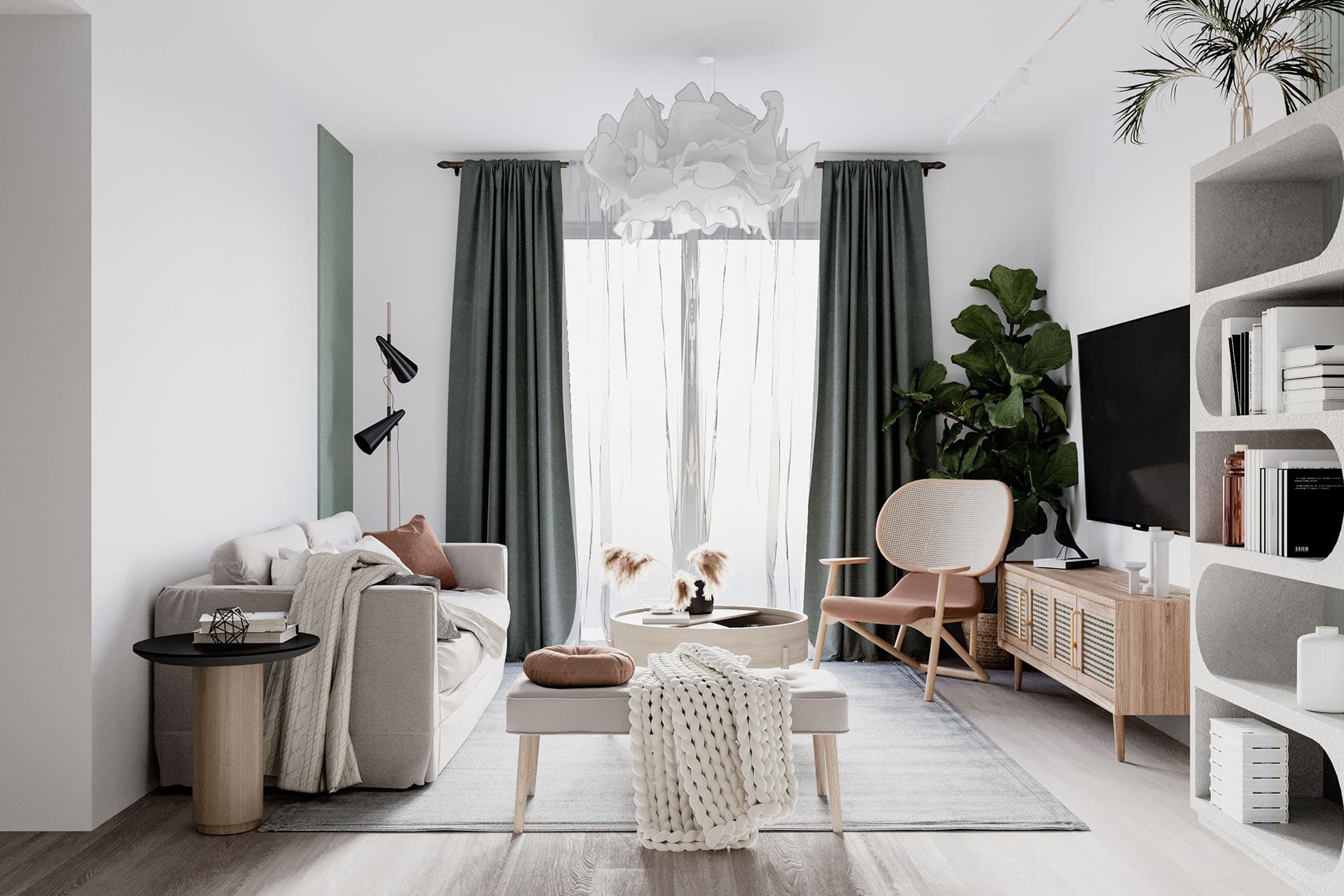

Purchasing a property is a significant financial commitment, and we understand that it can feel overwhelming. At Brions, we’re dedicated to guiding you every step of the way, ensuring a smooth and informed experience. We’ve outlined the key steps involved in buying a property below. Should you have any questions or need assistance at any point, don’t hesitate to get in touch. If you’re thinking of buying as an investment, our expert team in Lettings and Management is on hand to provide tailored advice and support.

Buying a home is one of the largest financial commitments you’ll ever make. It’s essential to plan carefully for the deposit and other associated costs, such as mortgage arrangement fees, surveys, solicitors, removals, and possibly stamp duty. You’ll also need to account for ongoing monthly expenses like mortgage payments and utilities.
Before you start, secure a mortgage agreement in principle to understand what you can afford and determine the minimum deposit required. Speak to one of our mortgage advisers to help you get started and set a clear budget.
When buying a property, it’s essential to account for both upfront costs and ongoing expenses. Here’s a breakdown to guide your planning:
Upfront Expenses:
Ongoing Costs:
Understanding these costs is key to budgeting effectively for your new home and ensuring you’re financially prepared for both initial and future expenses.

As a first-time buyer, you’re likely to need a deposit for your mortgage. The deposit amount will depend on your financial situation and the property price. Typically, saving 10-20% of the asking price is recommended, but saving more can help you secure a better interest rate.
Our expert mortgage advisers at Brions Financial Services can help you plan your deposit and give you expert advice on saving strategies. Use our budget planner to get an idea of how much you can afford to save, both for the deposit and ongoing mortgage payments.

Once you’ve used the budget planner and researched property prices in your desired area, set clear, achievable savings goals. Break down how much you need to save, the time it will take, and the actions required to reach your target.
When saving for a large deposit, consider placing your funds in a savings account with limited access to help avoid temptation. Research the best interest rates offered by banks or building societies to make the most of your savings.

It’s important to track your expenses regularly. Whether through an app or a simple spreadsheet, monitoring where your money is going helps you identify areas where you can cut back. Consider allocating a fixed amount for discretionary spending each month, and any leftover money can go straight towards your savings.

Tracking your spending will also help you identify any non-essential purchases that are draining your funds. Whether it’s an unused gym membership, extra nights out, or takeaway coffees, cutting back on these small luxuries can make a big difference to your savings over time.

If you’re determined to reach your target sooner, consider taking on a part-time or evening job. Even temporary work can give you the boost you need to reach your savings goal faster. Just be sure not to overdo it balance is key.
Saving for a deposit may take time, but with careful planning, budgeting, and discipline, you’ll be on your way to owning your new home. If you need any help or advice, our team of mortgage advisers is here to guide you every step of the way.

Unless you’re purchasing with cash, securing a mortgage is a crucial step in buying a property. Lenders evaluate your income and financial situation to determine how much they’re willing to lend and the minimum deposit required.
A Mortgage in Principle is a provisional agreement from a lender, estimating the loan amount and interest rate you may qualify for. Many estate agents request this before considering offers, so obtaining one early can strengthen your position as a buyer. It also provides clarity on your budget, ensuring you search for properties within your financial reach.

Start by making a list of the areas you’d like to live in. If you’re unfamiliar with a location, speak to a local estate agent who can provide insights into the best neighborhoods and even specific streets that match your needs.
Most properties are listed on major property portals, estate agent websites, and social media platforms like Facebook. To stay ahead, sign up for property alerts so you never miss a new listing.

Once you’ve determined your budget, focus on searching for a home that meets your requirements. We take the time to understand your needs, from essential features to personal preferences, ensuring we find the right property for you. You can register your details with us online, over the phone, or by visiting us in person, so we can tailor our recommendations to your specific criteria.

First impressions matter, and you’ll likely get an immediate sense of whether a property feels right for you. However, it’s important to take a practical approach and assess whether it truly meets your needs. If compromises are necessary, consider whether they’re ones you can live with long-term.

Ask plenty of questions—this is one of the biggest financial decisions you’ll make, so you need to be confident in your choice. On a second viewing, take a closer look at key details: check windows, heating systems, cupboards, walls, and floors. Clarify what’s included in the sale, so there are no surprises later.
For a more detailed checklist, take a look at our Property Viewing Tips to ensure you’re making an informed decision.
Brions Financial Services offers expert advice across a wide range of financial services, from securing your first mortgage and life assurance to planning for your retirement with your final pension. Their mission is to support clients throughout the financial decision making journey, helping them make the right choices. Brions Financial Services pride themselves on simplifying complex financial concepts, avoiding jargon, and ensuring clients fully understand the products and risks before making decisions.

Get ahead in the market by receiving alerts for new properties up to 24 hours before they go online. Easily update your search preferences, schedule and manage viewings, provide feedback, make offers, and track your purchase progress. Stay informed with real time updates and push notifications, ensuring you never miss a crucial step in your home buying journey.